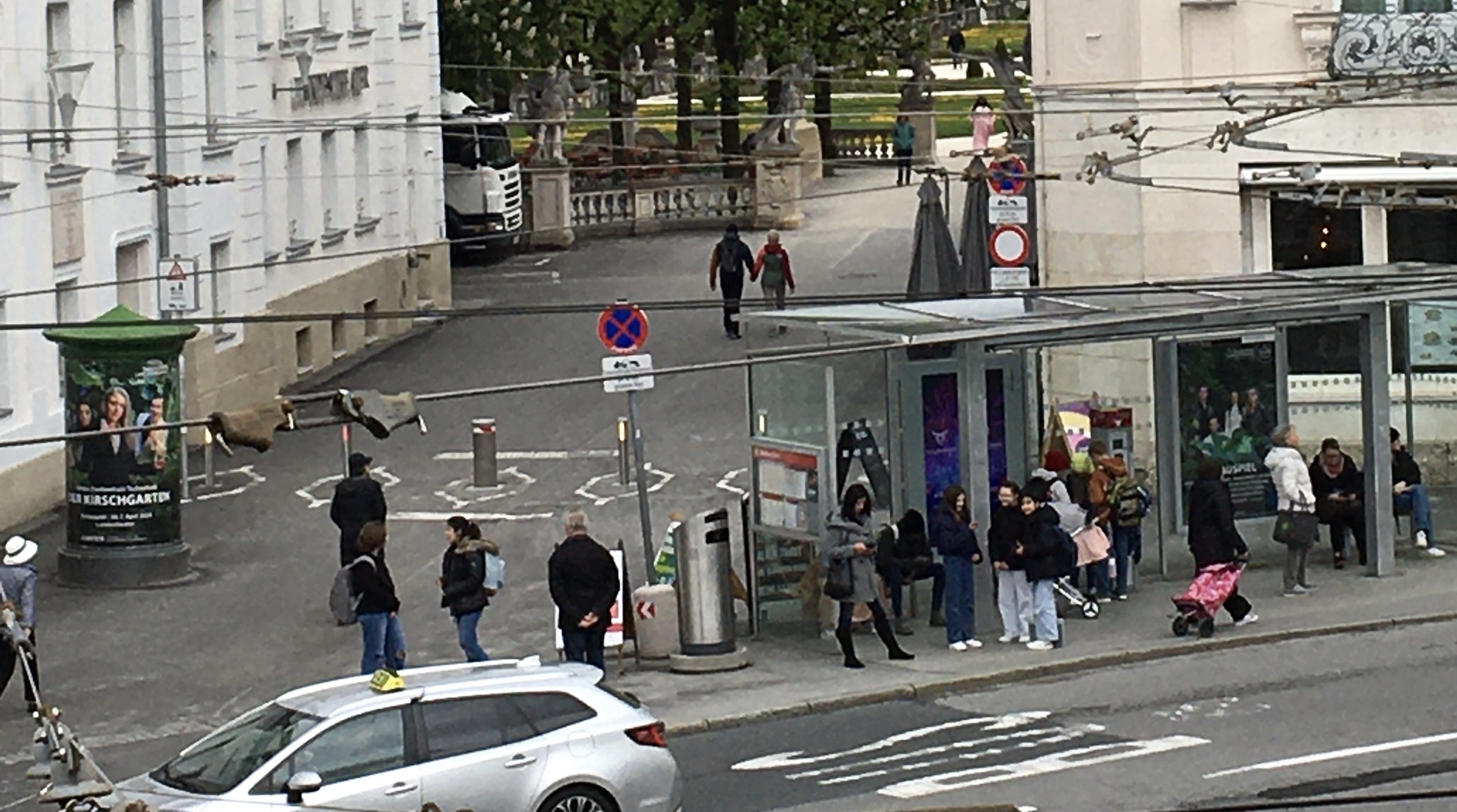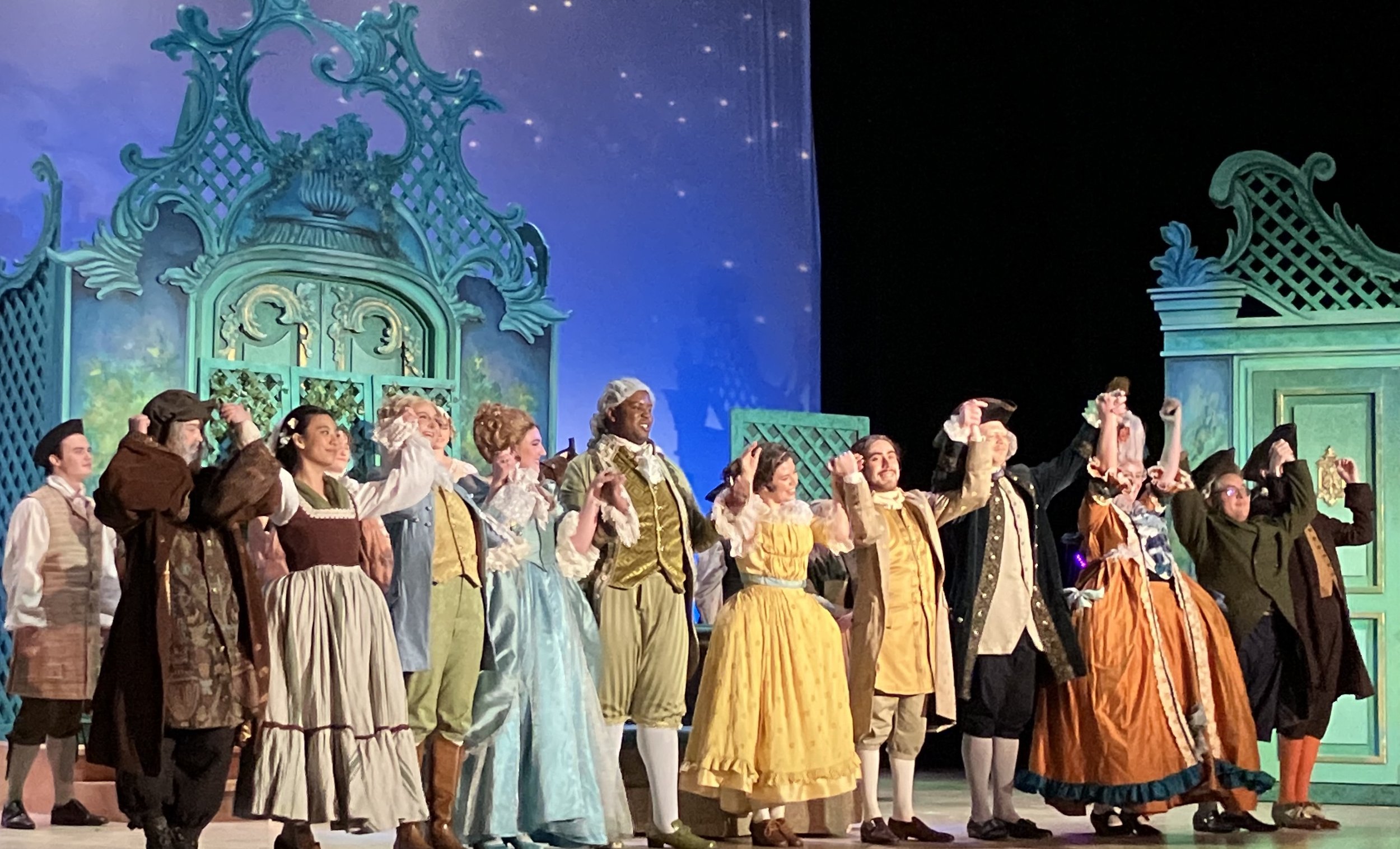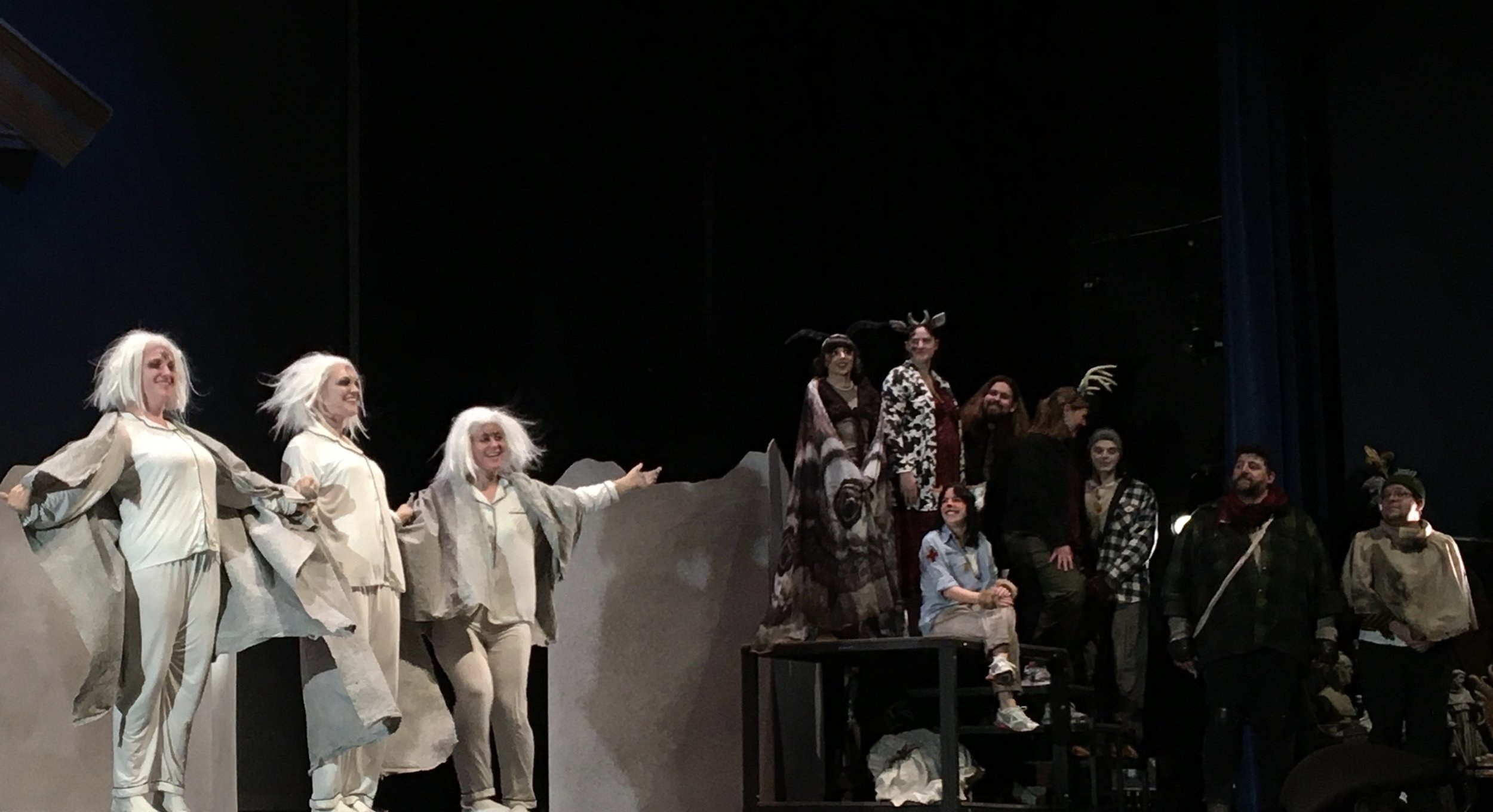Original image of the view from Mozart’s second home in Salzburg by There Stands the Glass.
I’m a walking advertisement for music tourism. I’ve wheeled trips to North American cities including Chicago, Knoxville, New York, Portland and Toronto around a variety of concerts and festivals in recent years. I expanded my range in 2024.
As a natural progression of my snowballing obsession with classical music, I traveled to Austria to visit the two cities most associated with Wolfgang Amadeus Mozart. Treks to the genius’ childhood homes in Salzburg left me breathless. Attending worship services in Mozart-affiliated churches in Salzburg and Vienna provided even more meaningful experiences.
More significantly, I felt at home in Vienna, a subdued city filled with cafés, bookshops and classical music. Even though I don’t speak the language, wear fashionable clothes or smoke cigarettes, I’m aligned with the Viennese. I’m sympathetic to their bookish stoicism, cultural elitism and judgemental temperament.
I discovered my aesthetic home thanks to Mozart. That’s just one of the many reasons Mozart is my artist of the year. Honorable mentions: Zach Bryan, Anna Butterss and Nick Shoulders. Previous recipients of There Stands the Glass’ Artist of the Year designation are Hilary Hahn (2023), Joyce DiDonato (2022), Pat Metheny (2021) and Bad Bunny (2020).









